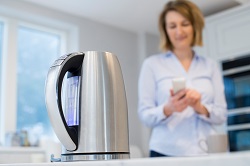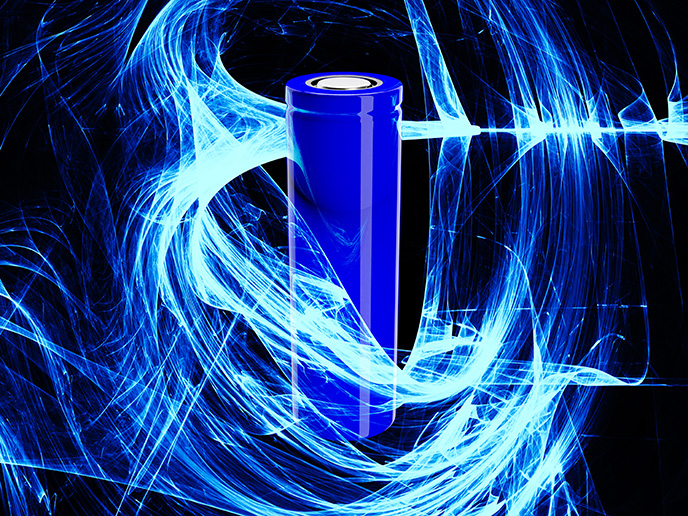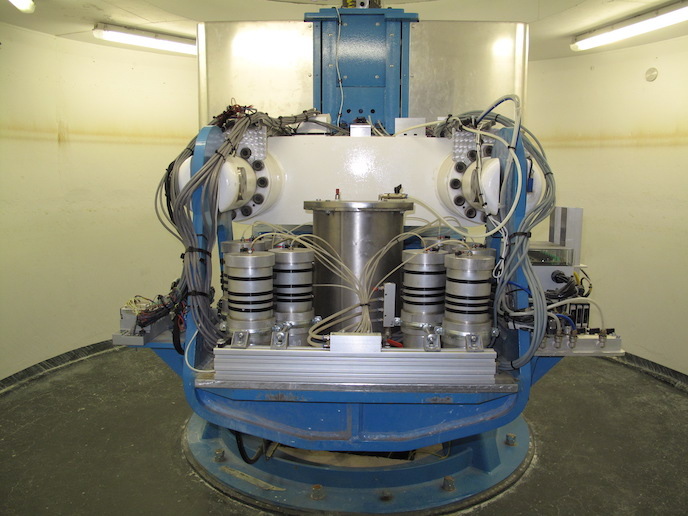Battery cooling solution revolutionises heavy-duty electrification
The electrification of heavy-duty applications, such as construction, agriculture, mining equipment and shipbuilding, is a crucial step towards a cleaner future. However, the widespread adoption of electric vehicles in these sectors has been hindered by concerns over lithium-ion battery safety, performance and longevity.
Innovative cooling solution sustains lithium-ion battery use in heavy-duty applications
France-based WATTALPS(opens in new window) sought to address these challenges by developing an innovative cooling technology for large battery packs. “WATTALPS’ groundbreaking solution involves immersing battery cells in a dielectric fluid, which offers numerous operational advantages and pushes the boundaries of traditional lithium-ion batteries and other cooling technologies,” notes Matthieu Desbois-Renaudin, founder president at WATTALPS. This electrically non-conductive fluid helps dissipate heat generated by the batteries during operation, maintaining optimal temperatures and enhancing their overall performance. “Extensive research and validation are necessary to ensure that this cooling technology is adapted to heavy-duty mobile applications,” adds Desbois-Renaudin. As the coordinator of the EU-funded WATTELSE project, Desbois-Renaudin has overseen WATTALPS’ progress in advancing the technology from a prototype (TRL 6) to a fully validated product ready for mass production (TRL 8). This entailed demonstrating the battery pack’s maintenance-free lifespan, compliance with stringent industry standards and the scalability of the manufacturing process.
Extensive testing and validation
After rigorous testing, WATTALPS has successfully proven that its immersion cooling(opens in new window) technology can be used for 8 years in demanding applications without any maintenance. The company has conducted an exhaustive validation plan to assess compatibility with road vehicles, construction equipment, agricultural machinery, mining equipment and shipbuilding. Tests for vibration, shocks, crash scenarios, crush resistance and fire safety have demonstrated that WATTALPS’ technology ensures functionality and safety beyond expectations. “WATTALPS’ modular lithium-ion battery system has achieved a world first for immersion cooling technology. By successfully obtaining certification for product safety, it confirms compliance with the highly demanding IEC 62619(opens in new window) and ISO 26262(opens in new window) standards, which are crucial for assessing lithium-ion battery safety,” remarks Desbois-Renaudin. In addition to validating the technology’s safety and performance, WATTALPS has improved its manufacturing process to ensure high production rates and quality. Moreover, the company has demonstrated that its technology can be easily repurposed at the end of its lifecycle for less demanding applications, such as serving as a large power bank to supply electricity on construction sites.
Environmental benefits
“The adoption of WATTALPS modular lithium-ion battery systems has the potential to replace diesel-powered machines with electric equivalents, resulting in significant environmental benefits,” highlights Desbois-Renaudin. These include savings of 170 000 tonnes of CO2eq (equivalent to 50 000 cars) and 60 tonnes of rare earth metals through battery repurposing for second life (equivalent to 2 000 Renault Zoe’s batteries). Furthermore, they could help reduce 1 000 tonnes in NOx emissions and 35 tonnes in particulate matter (equivalent to 100 k to 200 k cars). According to Desbois-Renaudin, electric machines could also significantly decrease noise pollution on construction sites, contributing to an estimated 200 000 years of improved health and well-being for workers and nearby residents. WATTALPS operates an industrial facility with the capacity to manufacture batteries with a combined energy storage capacity of up to 50 MWh per year. This is equivalent to producing 2 000 batteries annually for 2.5-tonne electric mini excavators. The company aims to achieve a revenue of EUR 66 million within 5 years. To meet the high demand from customers and fuel its growth, WATTALPS is soon closing a funding raising.







